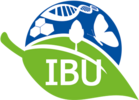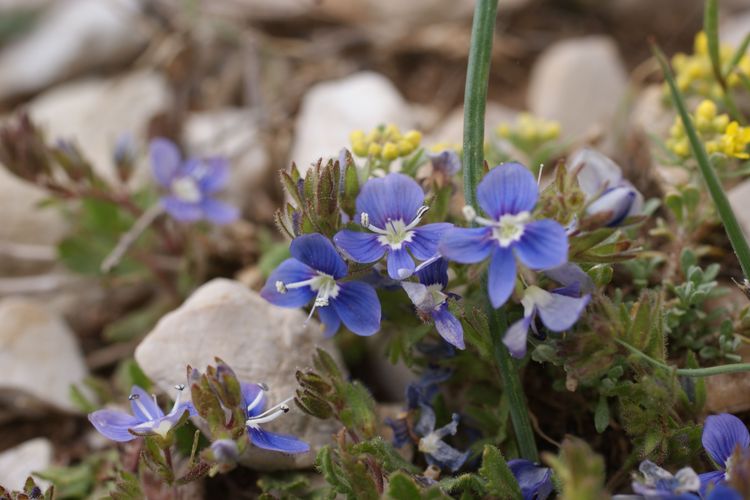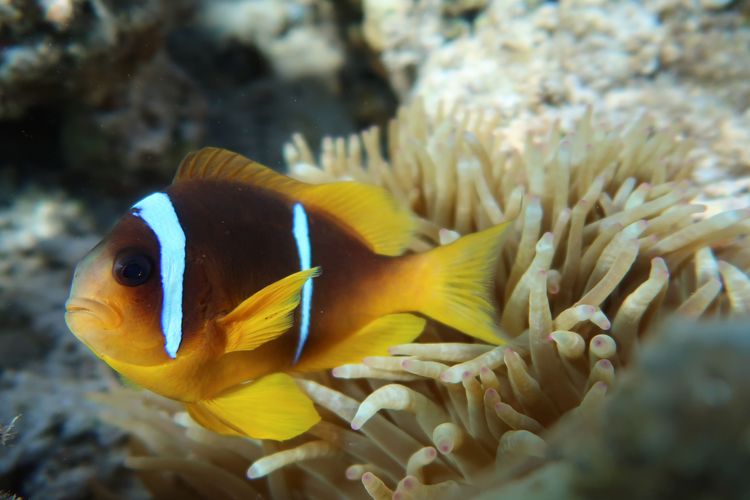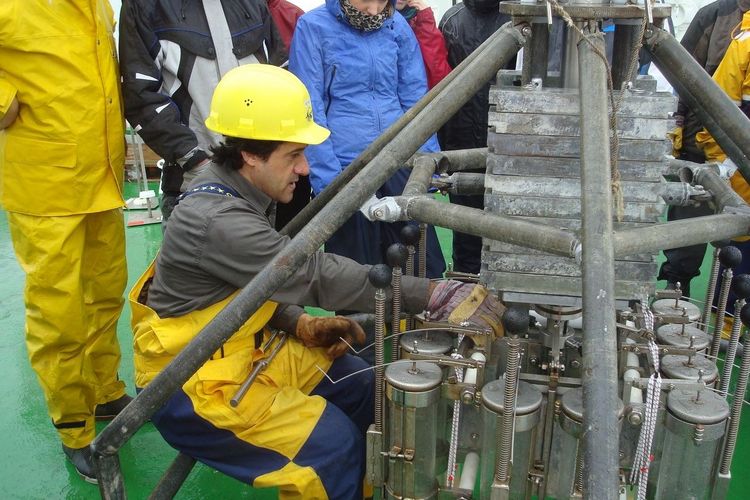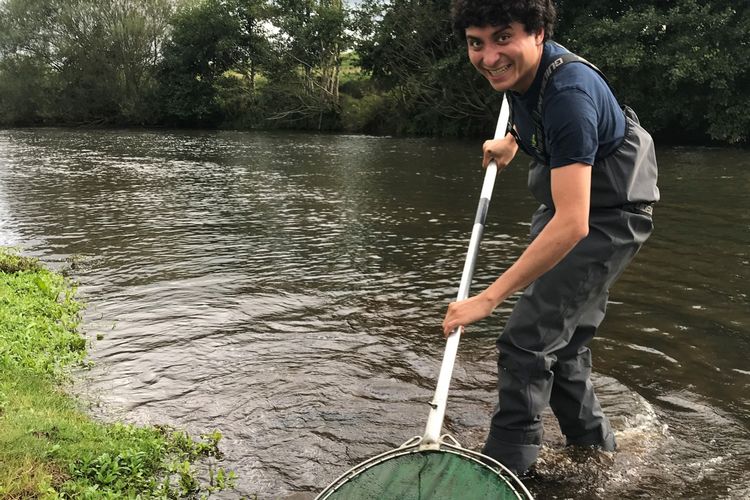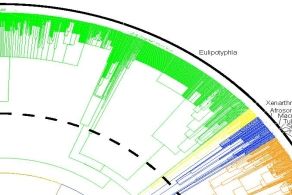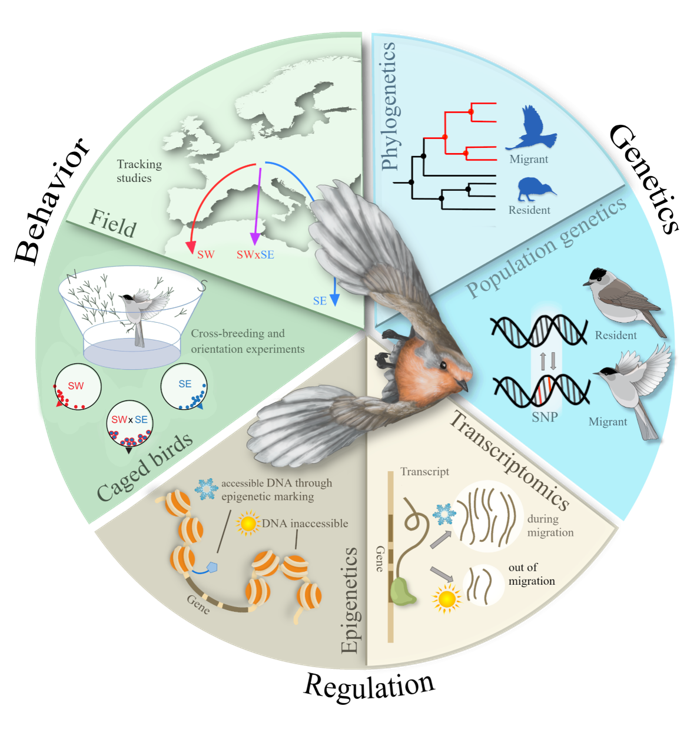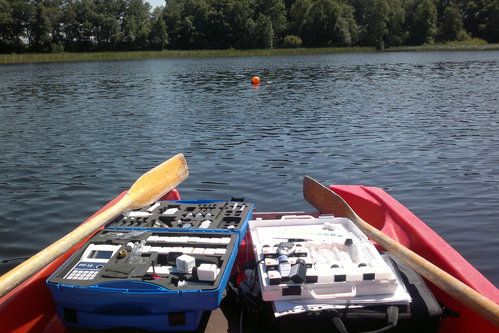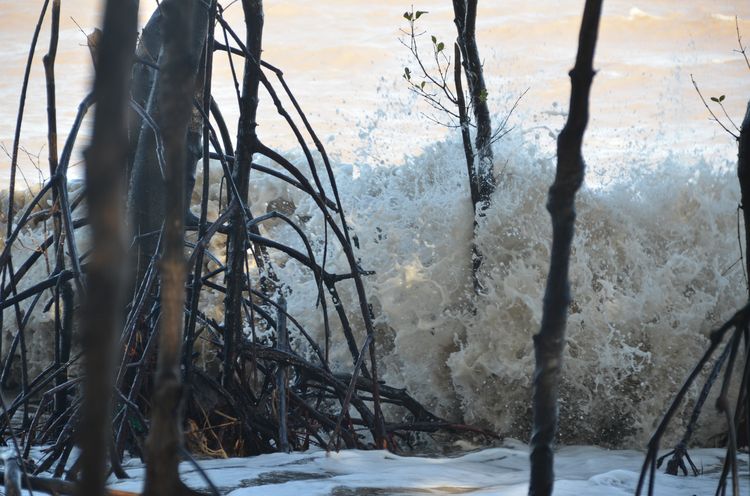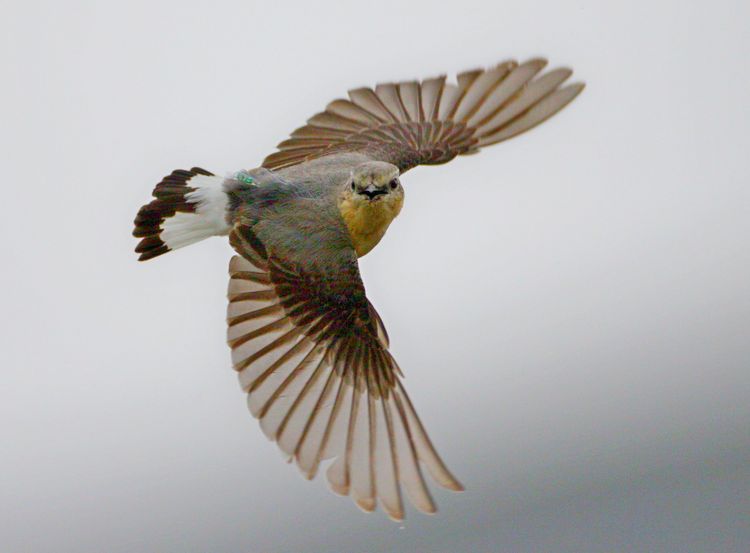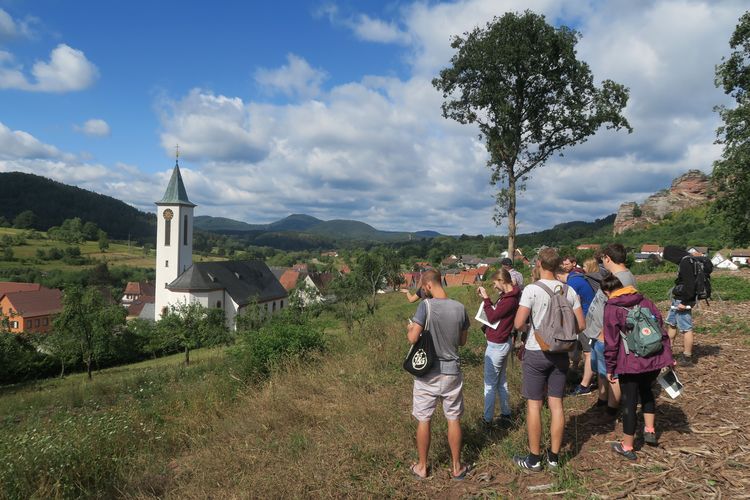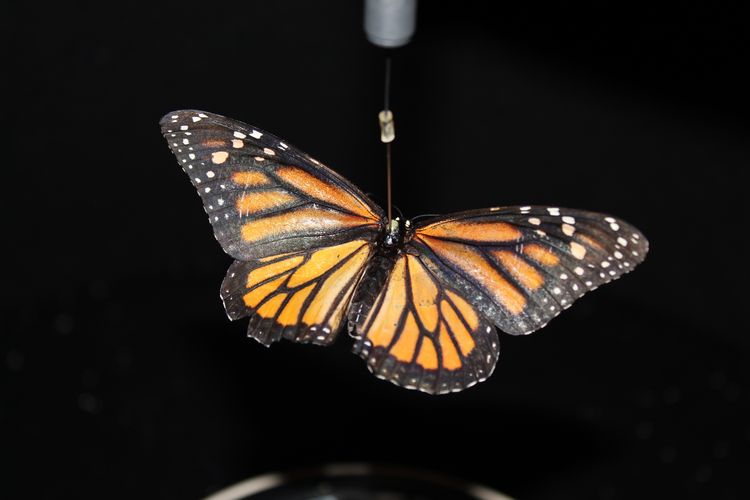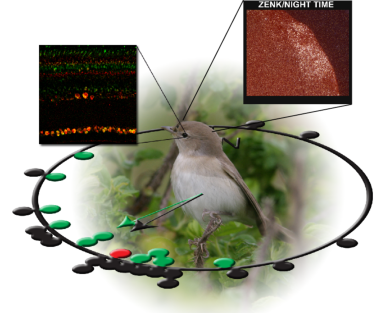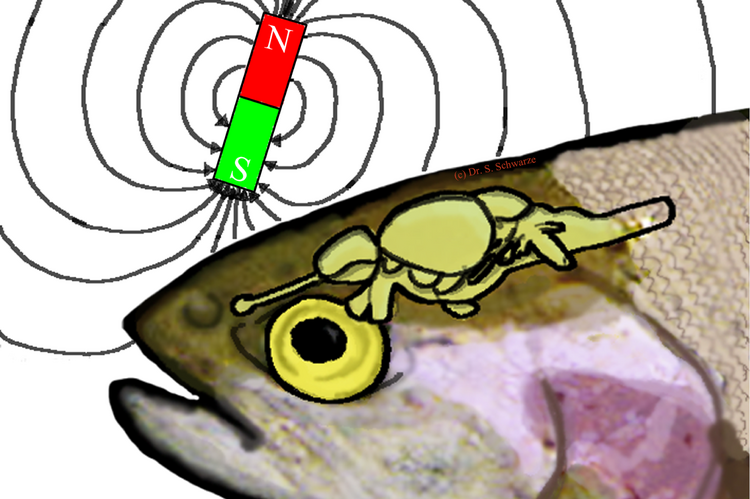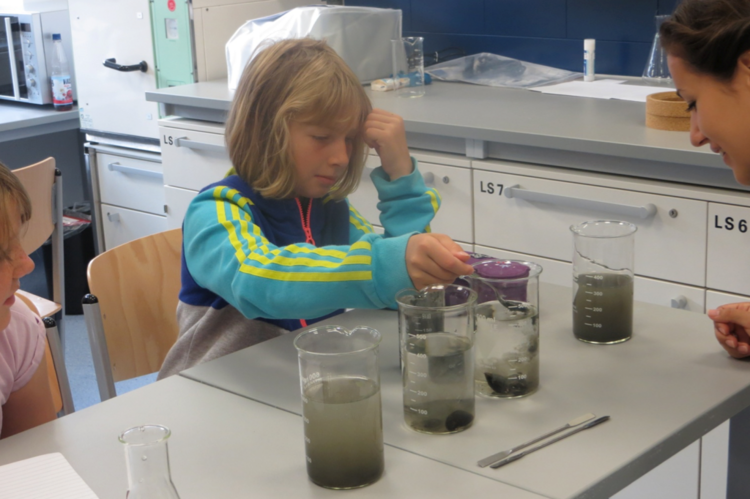Biodiversity and Evolution
- Plant Biodiversity and Evolution (Dirk Albach)
- Biodiversity and Evolution of animals (Gabriele Gerlach)
- Plant Evolutionary Genetics (Sascha Laubinger)
- Functional Ecology of Plants (Gerhard Zotz)
- Marine Biodiversity (Pedro Martinez Arbizu)
- Ecological Genomics (Arne Nolte)
- Systematics and Evolutionary of Biology (Olaf Bininda-Emonds)
- Behavioural Genomics (Miriam Liedvogel)
Former Groups
- Landscape Ecology (Kleyer)
- Soil Science (Giani)
- Didactics of Biology (Kattmann)
- Genetics (Wackernagel)
- Hydrology (Bormann)
- Molecular Neurobiology/Neurochemistry (Richter-Landsberg)
- Neurobiologie (Weiler)
- Plantecology (Janiesch)
- Physical Geography and Cartography (Hagen)
- Spatial Planning (Peithmann)
- Terrestrial Ecology (Haeseler)
- Zoosystematics and Morphology (Schminke)
Groups - Our Research
to the main research areas
Plant Biodiversity and Evolution (Dirk Albach)
Biodiversity and Evolution of animals (Gabriele Gerlach)
Functional Ecology of Plants (Gerhard Zotz)
Marine Biodiversity (Pedro Martínez Arbizu)
Ecological Genomics (Arne Nolte)
In the field of Ecological Genomics we study the distribution and natural history of organisms in the light of ecological conditions. Analyses in natural habitats are combined with modern methods of genome sequencing and gene expression analysis to identify genetic traits that make species successful in nature.
Systematics and Evolutionary Biology (Olaf Bininda-Emonds)
The major theme of our research is the incorporation of a phylogenetic perspective to help understand a wide variety of biological phenomena. At present, we are applying this theme to the following main areas using a diverse variety of modern methods:
- Aquatic organisms
- Evolutionary morphology
- Metazoan phylogeny
- Supertrees and phyloinformatics
- Public understanding of science
Behavioural Genomics (Miriam Liedvogel)
Young migratory birds fly amazing distances on their migratory journeys and reach their wintering areas they have never been before - without the guidance of their parents, but with amazing accuracy! How do they do this?
To most efficiently address this question, we combine high throughput sequencing techniques with state-of-the-art tracking technology, carefully designed behavioural experiments and solid knowledge of a well characterised study species
Hydrogeology/Catchment Hydrology (Gudrun Massmann)
Our research aims at an holistic understanding of the coupled hydraulic, hydrochemical and ecohydrological processes in the aquatic environment. Major research topics include surface water-groundwater interaction, coastal hydrogeology, behaviour of organic trace pollutants in soil and groundwater as well as water and solute transport in landscapes.
Vegetation Ecology and Conversation (Thorsten Balke)
We study vegetated landscapes and provide new process understanding to improve habitat restoration, nature conservation and the design of Nature-based Solutions for climate change adaptation and mitigation. We are passionate about, but not limited to, coastal habitats, particularly salt marshes, mangroves and dunes.
Migration ecology (Heiko Schmaljohann)
Migration ecology focuses on the scientific study of animal migration. Important research questions concern the genetic basis of the migratory syndrome, what specific skills animals require for migration, how proximte and ultimate mechanisms alter the spatial and temporal distribution and abundance of migrating animals within the annual cycle, the interactions between animals and their biotic and abiotic environment, and how migrating animals influence energy and material cycles within and between ecosystems.
Applied Geography and Environmental Planning (Ingo Mose)
Main focus of our research group is on a holistic understanding of spatial development processes, including relevant actors and their interests as well as appropriate instruments suitable to steer processes in the sense of sustainable spatial development. This does comprise both documentation and analysis but equally professional supervision of such processes, e.g. in the course of planning procedures. Our disciplinary emphasis is on nature conservation, leisure and tourism, and renewable energies, furthermore on the use of geographical information systems (GIS).
Navigation Biology (Basil el Jundi)
We are interested in understanding the core behavioral principles of spatial orientation and navigation in insects and how these principles are controlled by their tiny brains. To unravel this, we use a wide range of techniques, ranging from behavioral studies in the field and lab, to neuroanatomical and neurophysiological approaches.
Neurosensory (Henrik Mouritsen)
Sensory Biology of Animals (Michael Winklhofer)
Didactics of Biology (Corinna Hößle)
The research of the AG didactics of biology is focussed on
- modelling ethical judgements
- analyzing learning and teaching about assessment
- learning and teaching in school laboratories. Further research is focussed on evaluation and practicising the concept of education for sustainability
- leadership of three learning and teaching laboratories in science education

